2019-07-16 10:11
Sweden is the First DSV Country to Introduce an 'Acohol Barrier'

At our new cross-docking facility in Jnkping in Sweden, we have now taken steps to prevent drunk driving. We have installed a so-called alcohol barrier which requires that drivers pass an automated sobriety check.
"With the introduction of the alcohol barrier we send an important signal not only to the truck drivers but also to other DSV staff, our customers and the general public that we take our responsibility for safety seriously," says David Mluller, Deputy Managing Director of DSV Road AB, Sweden.
To be able to leave DSV's premises in Jnkping drivers must pass a breath test. The barrier opens only if the breath test is negative for alcohol. If the breath test is positive, the barrier will remain closed and if subsequent tests are positive, the authorities will be alerted.
The alcohol barrier at our Jnkping facility is not only the first one at a DSV facility, it is also thought to be the first installed at a company in the transport industry. DSV Sweden will continue to invest in safety-promoting initiatives including more alcohol barriers. Next in line for installation of an alcohol barrier is DSV's Landskrona terminal.
The technology behind the barrier has been tested and approved by several associations including the Swedish National Forensic Centre (NFC). We are incredibly proud to be involved in DSV's efforts to shoulder increased responsibility on the road," says Christer Folkesson, Managing Director of AutoSober Sweden AB, manufacturer of alcohol breath testing devices.
Several Swedish ports are also testing automatic sobriety checks for drivers coming in and out. The tests are believed to contribute to reducing the number of intoxicated drivers of both cars and trucks.
< Korea Shipping Gazette >
많이 본 기사
- ‘부산 환적·광양 수출입’ 컨물동량 1%대 성장한국해양교통안전공단 이사장 공개 모집“한국해운 80년 역사 담았다” 해운역사기념관 개관태웅로직스, 이천 풀필먼트센터 구축…이커머스 물류 진출부산항 컨테이너 물동량 2488만TEU…최대치 경신‘컨선·LNG운반선 덕’ 선박수출액 8년만에 300억弗 돌파국제물류협회, 마이스터고 대상 ‘영마이스터 물류캠프’ 운영스위스 MSC, 부산-지중해 항로 개편…운송시간 단축해수부 신임 해사안전국장에 이수호 국장 임명기고/ 선박건조계약상 하자보증시 면책조항의 해석
- 엑소텍, 프랑스서 물류 자동화 행사 ‘엑소서밋 2026’ 개최지난해 中-유럽 정기화물열차 317만TEU 운송…전년比 8%↑인천항만공사, 인공지능 기반 혁신 우수사례 발굴 주력싱가포르항공, 싱가포르-리야드 직항 노선 신설日 나고야항, 6년만에 260만TEU 달성인사/ 국립목포해양대학교인사/ 해양수산부Hainan FTP's First Month of Island-Wide Special Customs Operations B...부산신항만, 에너지 취약계층 지원 성금 전달MSC Highlights Expanded Intermodal Solutions Across Africa
스케줄 많이 검색한 항구






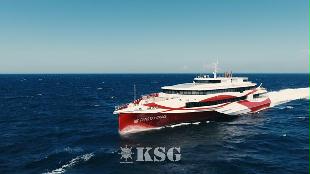
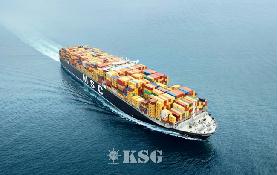
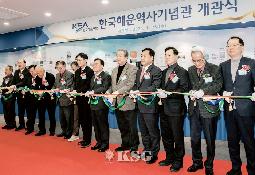
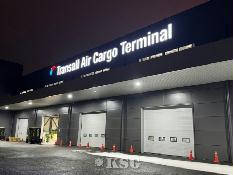
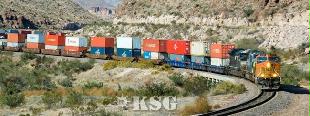
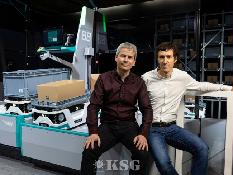

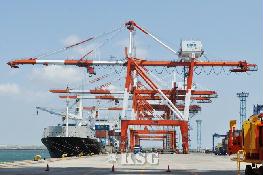

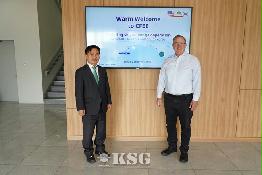
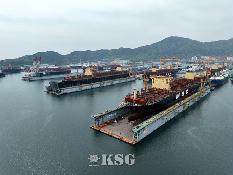
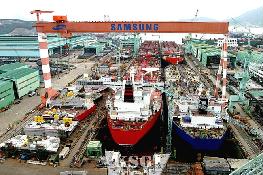
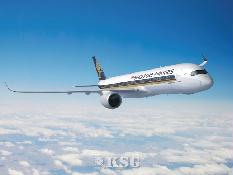
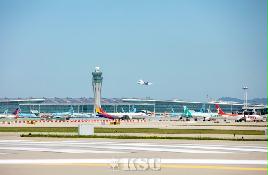
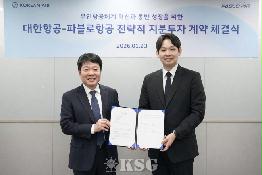
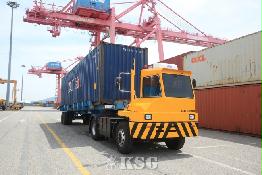


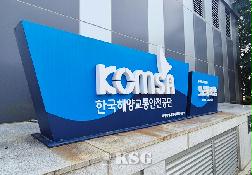



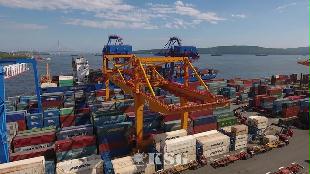
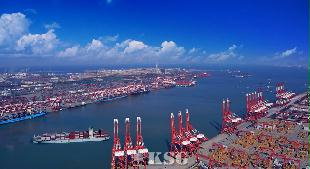
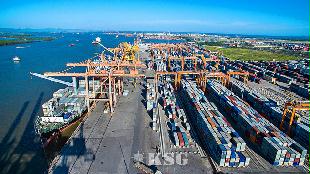
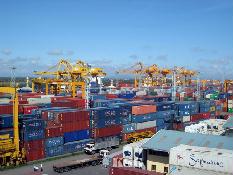





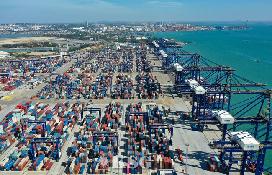
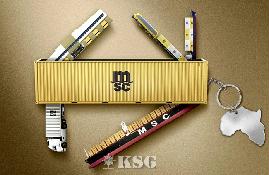
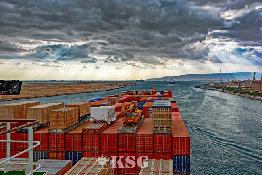
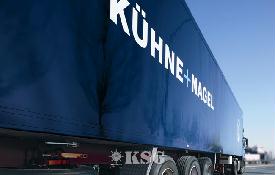

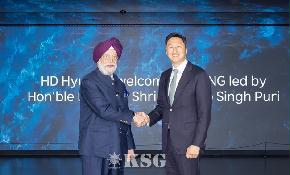




















0/250
확인